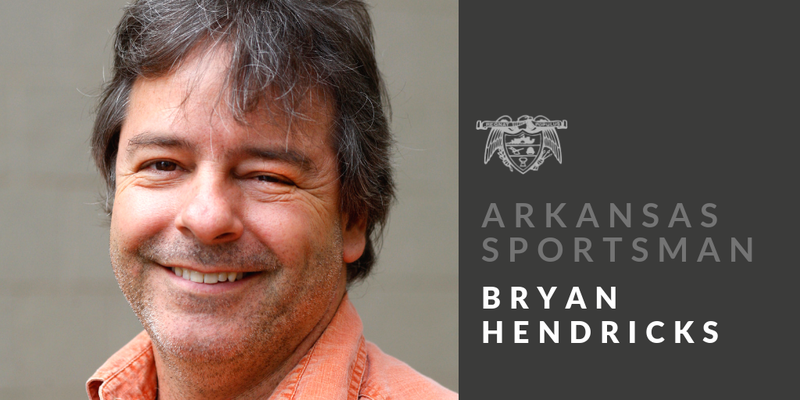The Arkansas Game and Fish Commission held its last of 11 meetings to discuss its proposed black bass management plan Thursday at Fish n' Stuff in Sherwood.
If approved, the plan will be in effect until 2031. The final document will be large, said Vic DiCenzo, the AGFC's black bass program coordinator, mainly because it aggregates so much input from bass fishermen. It could be compressed into three sentences, DiCenzo said.
"Stock more Florida bass. More hydrilla, and create a Share-A-Lunker" program," DiCenzo said.
The "Share-A-Lunker" item encapsulates the inherent disconnect between some bass anglers and the commission. Share-A-Lunker is a keystone of the bass management strategy in Texas. Arkansas tournament anglers, the most avid, most outspoken and most connected bass fishing community, are obsessed with an unrealistic expectation that Arkansas bass fishing should be as good as in Texas. Statewide, it is not possible.
Jack Whitbeck, an angler who attended the meeting, summed this syndrome up best. He said if he has an ailment, he goes to the doctor and follows the doctor's treatment protocol, which is based on lab work, blood work and imaging. He follows the doctor's advice, and he gets better.
Fisheries biologist prescribe a treatment plan based on their own scientific data, but anglers believe they're the experts. To this point, the half dozen biologists in attendance -- which equaled the number of anglers in attendance -- spent considerable time discrediting persistent myths.
The black bass management plan is important because 36% of the 500,000 licensed anglers in Arkansas prefer to fish for black bass. Our state's black bass fishing population is not monolithic, however. Like any community, it is diverse. Its various factions have different desires and motivations.
Some anglers want to catch trophy bass. Some want to catch a lot of bass. Some want to keep and eat bass. Others like to fish for bass competitively in tournaments. Different users invest more in equipment. Some fish a lot more than others.
To diversify black bass fishing opportunities, the AGFC intends to "manage black bass in Arkansas lakes and reservoirs to optimize the diverse fisheries (trophy, catch rates and harvest) that anglers seek across the state."
For trophy fishing, the plan intends to identify at least five lakes larger than 500 acres and at least five lakes smaller than 500 acres to manage for trophy largemouth bass by December 31. In these lakes, forage fish populations and will be intensively managed. Water quality will be prioritized. Complex habitat will be created. A variety of stocking options (Florida strain bass) will be considered.
Interestingly, the plan proposes to limit entry to these fisheries to minimize fishing pressure.
Conversely, the plan also proposes to identify at least 10 lakes to manage for high catch rates.
Objective 3 would promote diverse bass fishing opportunities. This would be a mix of trophy fisheries and high-volume fisheries in small lakes and in lakes within AGFC's Family and Community Fish program.
A third area centers on communication and outreach. This is designed to improve and facilitate communicate between fisheries biologists and bass anglers. This includes interactive personal communication, but it largely consists of making the agency's massive trove of black bass research data, including that accumulated in the Arkansas Tournament Information Program, easily accessible to the public. That data includes, for example, the number of hours per lake it takes anglers to catch a 5-pound bass.
Another objective is to strengthen relationships with social media influences, the so-called "keyboard warriors." Many of these people want more than anything else to be recognized. Left alone, they comprise a collective echo chamber with input coming largely from disgruntled peers. A biologist's opinion carries a lot of weight, but influencers seldom seek their opinions. Therefore, the biologists will go to them.
Information is education. Education is wisdom, and wisdom serves the angling public and the resource.
There is much more to the Black Bass Management Plan. We will share more in coming days.
